French
Linguistic precision and terminological accuracy in French translations
French, the mother tongue of Metropolitan France, is spoken widely beyond its borders, including in Canada (primarily in Québec and New Brunswick), Belgium (in Wallonia and Brussels), Switzerland (the western region) and Monaco. As the official language of around 30 countries across all continents—thanks largely to the French and Belgian Empires—it plays a significant role in international diplomacy. French is an official language of numerous global organisations, such as the United Nations, NATO, the International Olympic Committee and the Universal Postal Union, and is a working language of the European Union.
However, like English, French has many regional variants. These differences can, at times, be seen as a challenge to the ‘linguistic purity’ that France has long sought to protect. Since Cardinal Richelieu established the Académie Française in 1635, France has taken deliberate steps to regulate and preserve the integrity of its language. The Académie’s mission was to develop a standard grammar and dictionary, and its influence remains a cornerstone of language policy in France. This enduring effort to protect and elevate French, both within the country and internationally, reflects the deep cultural significance attached to the language.
Today, this focus on linguistic integrity is particularly noticeable in sectors such as technical, legal, and scientific communication. The French state actively counters the influence of foreign terms, especially Anglicisms, by creating French neologisms through terminological research. The official adoption and promotion of these terms is formalised in the ‘Journal Officiel‘ (the Official Gazette of the French Republic), ensuring that the French language continues to evolve without compromising its core identity.
Translating texts for France and French-speaking audiences
The importance of linguistic precision extends beyond the translation of legal texts in France—it’s equally vital in technical and scientific documentation. These highly specialised texts demand precise syntactical structures and linguistic conventions to clearly convey complex ideas to native French speakers, who take great care in preserving the integrity of their language.
In translating for the French market, it’s essential to use accurate French terminology, which often includes uniquely crafted neologisms. The French language tends to resist Anglicisms and borrowed foreign terms, making it crucial for translators to be particularly attentive to these nuances.
At SMG UK Translations, we excel in translating technical texts into French. Our expertise covers a wide range of materials, including technical manuals, instruction booklets, advertising leaflets, scientific articles, company profiles, press releases, software interfaces, product labels, technical specifications and specialised newsletters and blogs. We understand the importance of meeting tight deadlines while maintaining high quality, and our team is well-equipped to handle urgent requests in these fields.
In addition to technical translations, we are fully qualified to handle legal and financial translations into French. This includes the translation of memorandums of understanding, international agreements, commercial distribution and agency agreements, company balance sheets, banking documents, insurance policies, auditors’ reports and prospectuses. One of our most notable achievements in this sector is our work for the Cour de Cassation (French Supreme Court), ensuring that our clients receive translations that meet the highest standards in accuracy and professionalism.
French interpreters
A French interpreter must not only master the grammatical, syntactical and terminological elements of the language but also have a deep understanding of its phonetics.
Correct pronunciation and intonation are essential in building trust and demonstrating respect when communicating with French-speaking counterparts. Native French speakers are quick to assess an interlocutor’s language skills, and clear, respectful communication is vital in fostering strong professional relationships.

